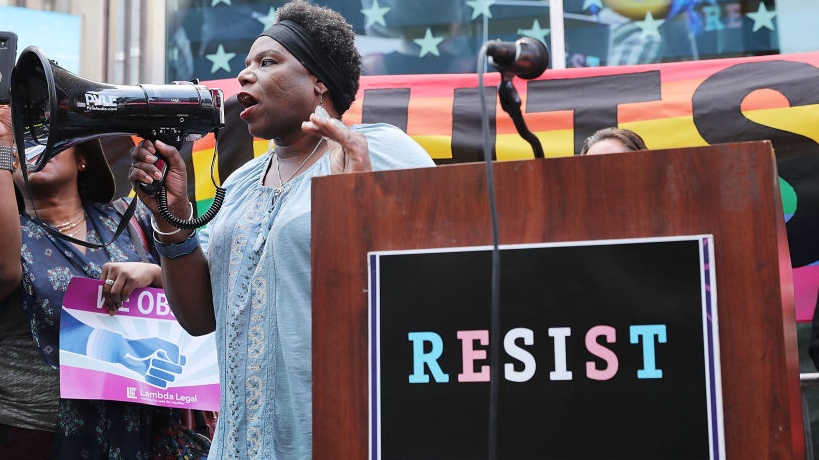A new proposed rule from the Department of Labor will allow federal contractors to raise religious exemptions if accused of bias in their hiring practices.
According to the acting U.S. Secretary of Labor Patrick Pizzella, the rule, which is set to be officially published in the Federal Register on Thursday, is set to protect employers' religious rights.
"Today's proposed rule helps to ensure the civil rights of religious employers are protected," Pizzella said in a statement. "As people of faith with deeply held religious beliefs are making decisions on whether to participate in federal contracting, they deserve a clear understanding of their obligations and protections under the law."
Advocacy groups, such as the American Civil Liberties Union (ACLU), who are currently engulfed in multiple lawsuits with the current administration, have warned that such protections would only provide cover for companies with discriminatory practices.
FACT: Nearly one-quarter of employees in the United States work for an employer that has a contract with the federal government.
This rule seeks to undermine our civil rights protections and encourages discrimination in the workplace — and we will work to stop it.
— ACLU (@ACLU) August 14, 2019
"The Department of Labor just proposed a rule that aims to let government contractors fire workers who are LGBTQ, or who are pregnant and unmarried, based on the employers' religious views," the ACLU tweeted after the proposal was announced. "This is taxpayer-funded discrimination in the name of religion. Period."
The White House has attempted to distance itself from accusations of allowing discrimination. In a statement to The Hill, the administration tried to reaffirm the promise to protect the LGBTQ community from discrimination.
"In no way does today's announcement by the Department of Labor undermine the President's promise and commitment to the LGBTQ community. The proposed rule will continue to responsibly protect religious freedom and members of the LGBTQ community from discrimination," the White House statement read.
Despite the statement, multiple actions have been taken by the Department of Labor in order to move against protections. In 2017, they argued that sexual discrimination protections in the workplace do not extend to sexual orientation, and they also wrote a brief in 2018 saying the protections didn't apply to transgendered people.
The proposal will be open for public comments until Sept. 16.
